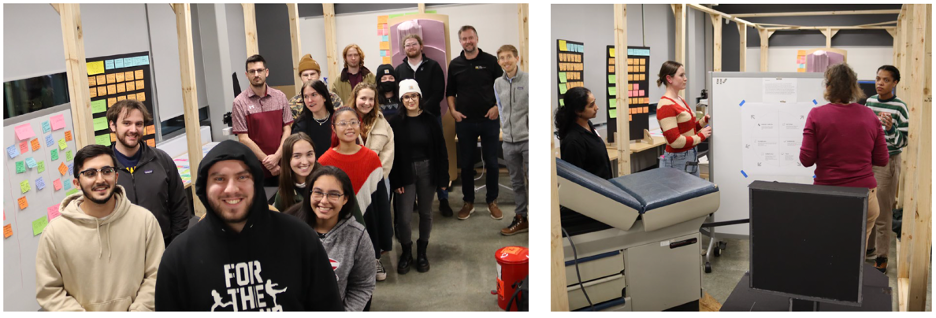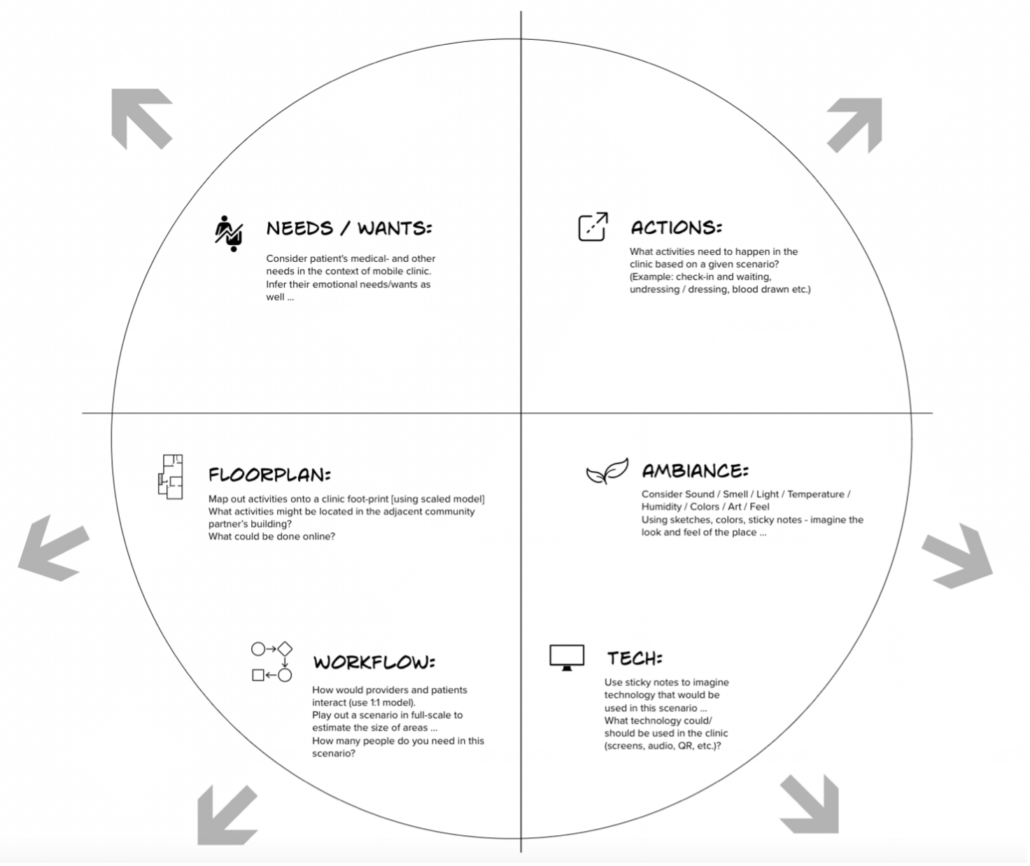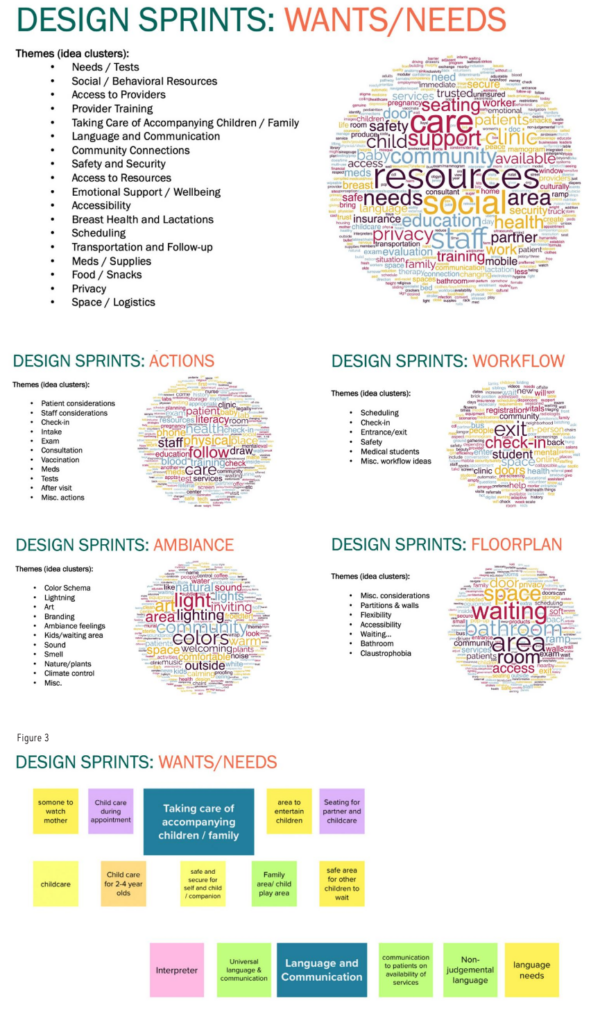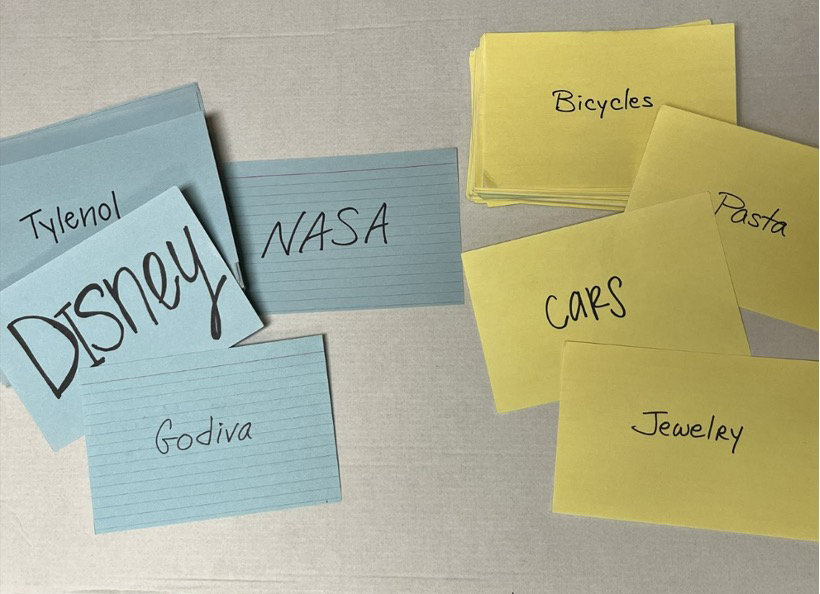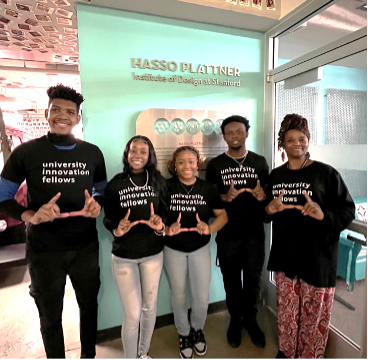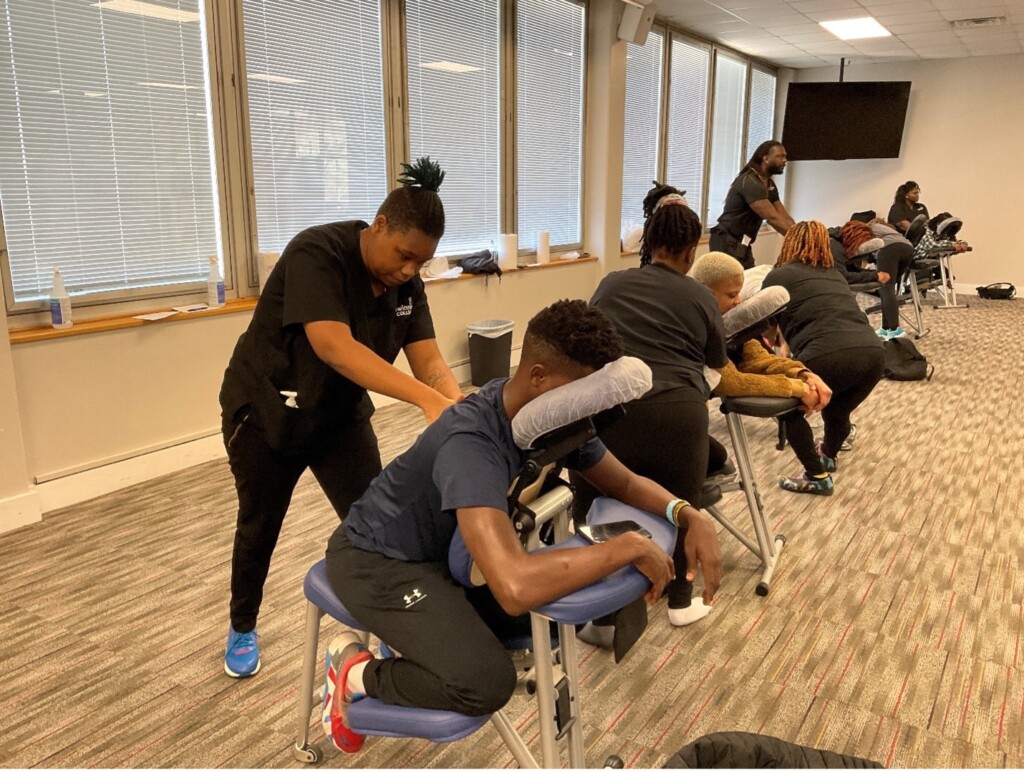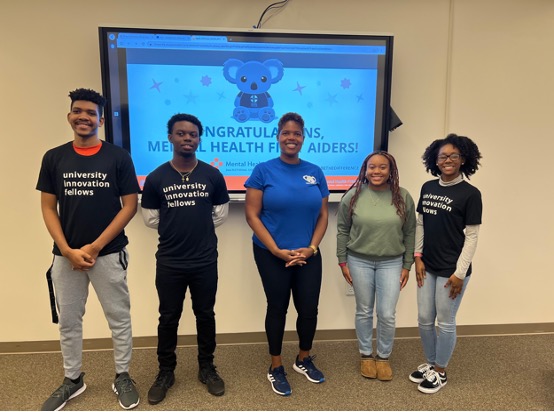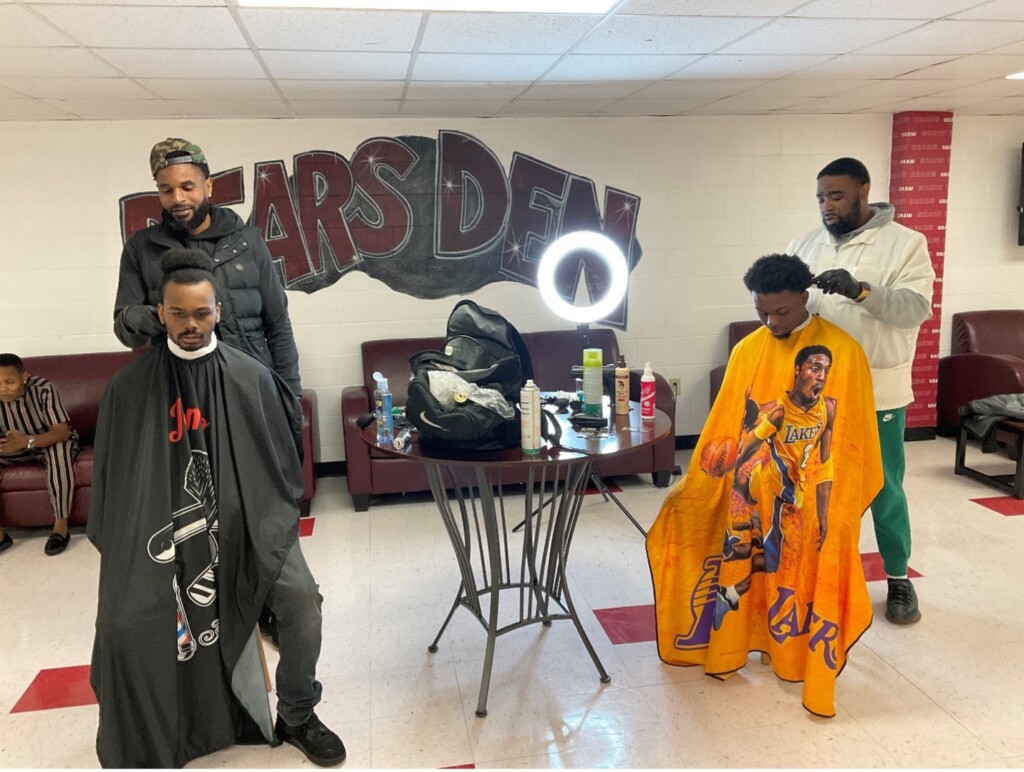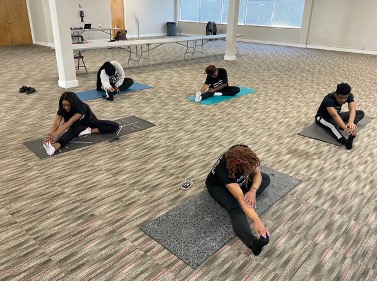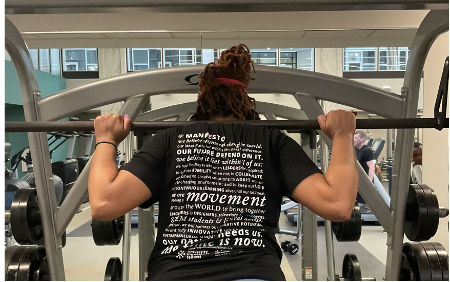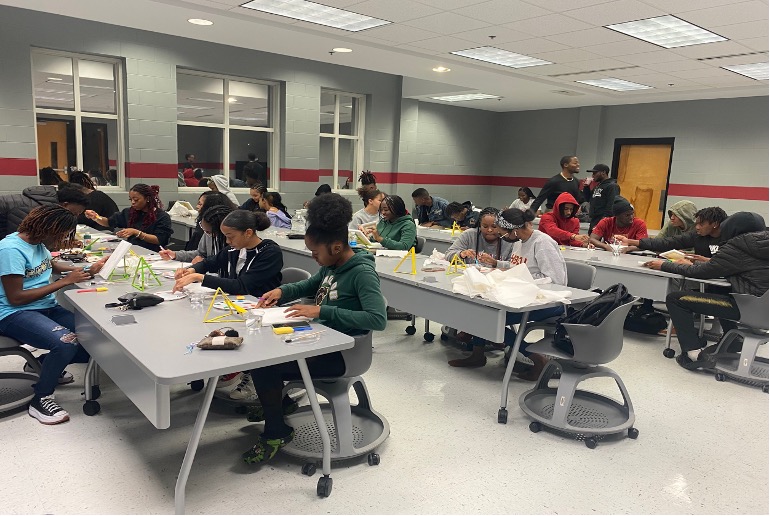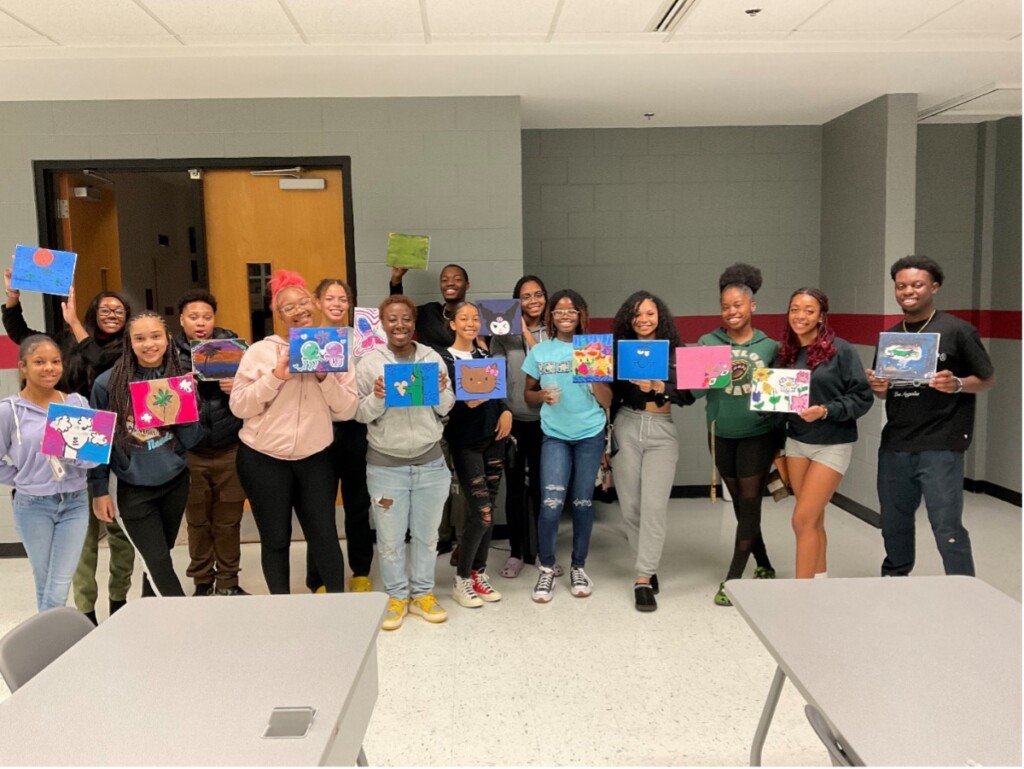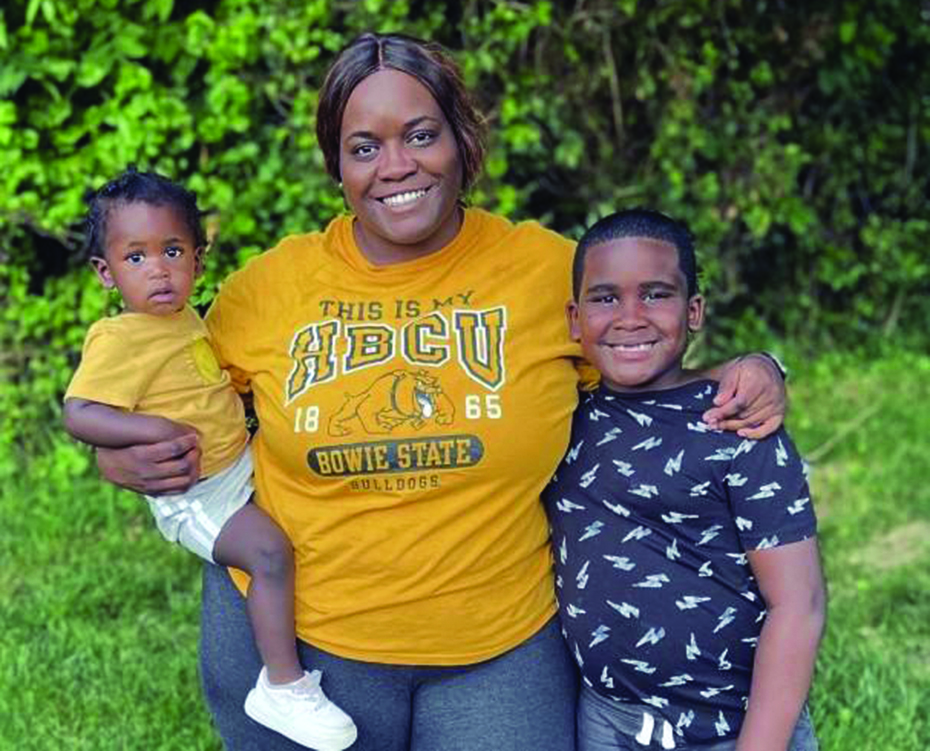Awareness to Action
Identifying and working through barriers to doing anti-bias work
by Laura Parson—Faculty Innovation Fellow, North Dakota State University
The murder of George Floyd and the subsequent protests in the summer of 2020 led to a wider awakening about the importance of activism for racial justice. Along with the MeToo movement and activism for gender equity, there have been increased calls for more conversations, resources, and discussions about how to create more equitable professional and educational settings. Those calls have intensified in higher education, a historical site both of injustice and change. Yet, as the political divide in the United States has deepened, rifts between those fighting for social justice, those staying silent, and those actively working to subvert civil rights movements have grown.
“Doing anti-bias work requires that one be able to process emotions like guilt, shame, anger, and fear in a way that acknowledges them, provides strategies and opportunities to [work] with them, and suggests a path toward action.”
This Faculty Innovation Fellowship project, “Awareness to Action: Identifying and working through barriers to doing anti-bias work” seeks to reach those who think they want to do anti-bias work but are not sure where and how to start – perhaps reaching those who are staying silent because they are unsure of how to react to and process conversations about power and privilege.
Doing anti-bias work requires that one be able to process emotions like guilt, shame, anger, and fear in a way that acknowledges them, provides strategies and opportunities to [work] with them, and suggests a path toward action. The Awareness to Action project seeks to create programming for higher education faculty, administrators, and staff that, without accusation or judgment, helps participants identify one’s positionality (e.g., understand layers of privilege and how privilege and marginalization impacts their position in the institution) and provides strategies to respond and work through any resultant guilt and shame with a focus on self-compassion as a tool to develop empathy. The programming will cover different higher education roles (e.g., teaching, administration, service, advising) and allow participants to consider if and how their identity is implicated in each context.
Over the next two years, the Awareness to Action projects aims to develop, test, and refine programming for higher education faculty, administrators, and staff to help them understand and work through their positionality in order to better serve stakeholders who identify as traditionally marginalized persons in higher education. The final aim of the project is to develop programming that would be available to faculty, staff, and administrators. Program content areas will 1) focus on the ways to identify one’s positionality; 2) strategies to respond and work through any resultant guilt and shame with a focus on self-compassion as a tool to develop empathy, and 3) lessons that focus in on different areas of life (e.g., work, daily life activities, social media) given what one knows about their positionality. This project began as a book proposal, but as I have worked through the Faculty Innovation Fellowship program, it has evolved into developing an institutional program that may, at some point, be accompanied or supported by a supplementary text or workbook that could also be worked through independent of the programming.
Awareness to Action programming will pull together resources and supports from a variety of fields into one cohesive program. For example, while identifying one’s overlapping identities and how they relate to one’s privilege, referred to as positionality, is not uncommon in the academic qualitative research fields, that content is needed in an accessible format with examples from day-to-day academic life that uses language that describes without ascribing responsibility. Additionally, support is often needed to discuss one’s different reactions and emotions to questions about power and privilege that pulls from psychology, neurology, and mindfulness. Finally, while empathy has been well-discussed in some circles, the role that research suggests self-compassion and empathy can play in the social justice movement has not been discussed in a way that is accessible and includes strategies that promote both. Awareness to Action aims to do all three in accessible language, with concrete strategies, supported by examples.
“The goal of the programming is to provide a primer on working through the emotions and reactions that often come before and may arise as one is beginning justice work that might cause them to retreat.”
One final note: The intent of this program is not to replace existing programs and books created by Black, Indigenous, and People of Color (BIPOC) who discuss the impact of racism and concrete ways that white people can be allies and work toward racial justice – instead, the goal of this project is to create an intervention that seeks to help individuals be ready to engage with anti-bias programming, learning, and action. The goal of the programming is to provide a primer on working through the emotions and reactions that often come before and may arise as one is beginning justice work that might cause them to retreat. I hope that programming will be complementary to books like Me and White Supremacy by Layla F. Saad and How to Be an AntiRacist by Ibram X. Kendi. Altogether, programming will also suggest specific resources authored by BIPOC to learn how to take activist action and the final chapter will review and organize those resources comprehensively.
The original article can be found in the Enhancing the Higher Ed Ecosystem section of the 2022-2023 Change Forward Journal— Visions and Voices of Higher Education’s Future.

